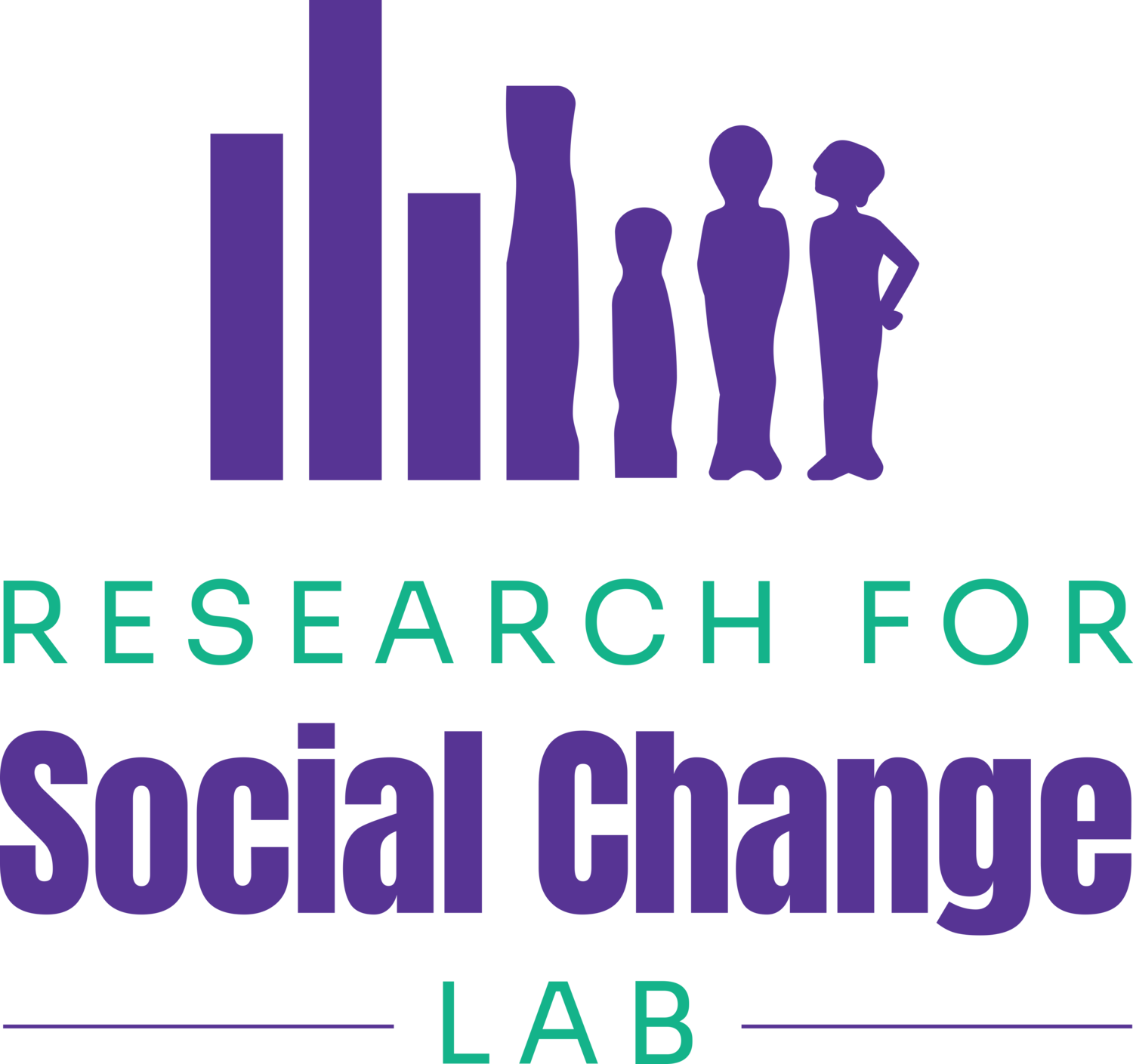Data Justice for Youth
Data Justice for Youth is a set of interrelated research projects that are investigating the data infrastructures, data processes, data policies and data cultures of two youth-serving sectors in Ontario: the child protection system and the youth homelessness sector.
Why the focus on data?
Recent shifts in social welfare administration involve moves to embrace data-driven decision-making, service delivery, and policy-making. The idea is to enable better bureaucratic functioning by implementing a range of information-management technologies and new forms of data work.
These information technologies are presented as tools to enable neutrality and objectivity, but decades of research demonstrate that data processes and information technologies are thoroughly social. Data and the processes through which data are generated and used reflect and reproduce socio-cultural, institutional, and political-economic relations.
Data Justice for Youth wants to make sure these social relations – and the competing interests they reflect – are not obscured or hidden from view in contemporary efforts to enable bureaucratic efficiency and objectivity.
What are we doing?
We are mapping out these increasingly complicated data systems to make them more transparent, accessible, and accountable to the young people whose lives are shaped by them. In particular, we are tuned to the ways the data systems employed by these sectors govern young people’s trajectories into and out of homelessness.
For each sector, we follow a three-phase process:
We start by producing visual representations and maps of the data systems the sectors employ and the paths youth must take to navigate them.
We then use ethnographic methods and interpretive techniques to inquire how these data systems are experienced and used by human beings, be they professionals working in the field or youth seeking services.
Lastly, we apply our learnings from phases one and two to co-create solutions with our community partners to spur rights-based interventions into the data systems. The goal is to propose concrete reforms that will lead to more equitable outcomes and stable housing for young people.
To read our project description as approved by Trent University’s Research Ethics Board, please click here.
Project Streams
Data Justice for Youth in Care
From their very first interactions with the system to their eventual exit from care, young people and families engaging with Ontario’s child welfare system generate a significant body of case data — sometimes without even knowing it. Increasingly, this data shapes the paths of youth through the system. But how is this data collected? How is it used? And are these information systems prioritizing equitable outcomes?
For this stream of the Data Justice for Youth project, the Research for Social Change Lab has partnered with CAS-Toronto and CAS-Kawartha Haliburton to investigate the data and policy processes and institutional infrastructure at the heart of Ontario’s child welfare system.
Data Justice for Youth in Care is supported by a five-year SSHRC-funded research project titled “Data Justice: Fostering equitable data-led strategies to prevent, reduce and end youth homelessness.”
Data Justice for Youth in Housing Need
Responses to homelessness in Canada are shifting to embrace data-driven and evidence-based service delivery models. This is promising — but it raises questions about the quality and integrity of our data, the transparency and accessibility of our information systems, and the privacy rights of individuals experiencing homelessness.
For this stream of the Data Justice for Youth project, we are mapping the data systems that underpin the youth housing and homelessness sectors in Ontario. The goal is establish what data exists, in what form, and for what purposes, all to aid in the broader efforts underway to develop a Canadian data roadmap and governance strategy for the youth homelessness sector.
This project is jointly supported by a five-year SSHRC-funded research project titled “Data Justice: Fostering equitable data-led strategies to prevent, reduce and end youth homelessness” and by a three-year project funded by Making the Shift Youth Homelessness Social Innovation Lab titled “Improving Frontend User Experiences by Mapping the Backend Architecture: A cross-sectoral data and infrastructure audit.”





